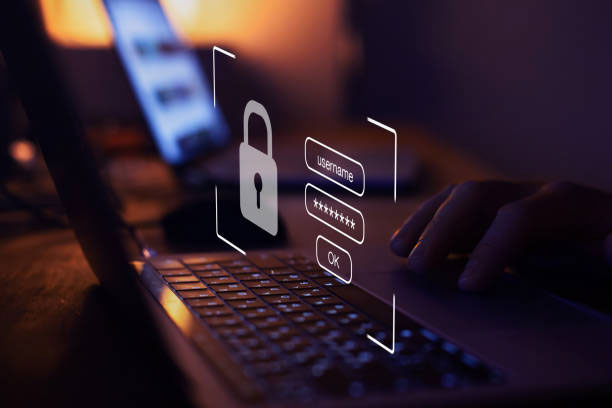
As more and more people use the internet and the world shifts online after the pandemic, so does the percentage chance of cybercrime happening to a user.
Cybercriminal activity has increased hugely since COVID-19, as much of the legacy systems we had across the world transitioned over to the online world. We saw businesses, buying methods, entertainment, and socializing all move to the digital space, and it is clear cybercriminals have seen an opportunity increase.
From the start of the pandemic to the end stages of it, Statista reported a 43% increase in online identity theft as cybercriminals took advantage of the huge amount of personal data and financial information that got moved over online as day-to-day life was closed down.
Cyber threats are becoming so prevalent to consumers and their identities that the US government has undertaken research and development into cyber security to help eradicate and keep cyberspace safe.
Social media and public networks are only growing in both popularity and user counts, meaning there are more and more personal identities being stored online. At the peak of the cybercrime during the pandemic, Forbes reported that 1 in 4 cybercrime victims who were attacked suffered a loss of thousands of dollars after their data was stolen.
Here are the best online tools available to help protect your identity and keep safe online:
VPN and Proxy
A VPN and Proxy server is a perfect pairing in terms of protecting your online data and using the internet safely without having your data stolen or tracked. The VPN can encrypt your internet traffic going both to and from the websites you browse, and also help protect the personal data that you input into websites.
A proxy server is perfect for keeping your IP address masked as you take the IP address set for the proxy server and do not use your real one. An added benefit of a proxy server can be found in the way it can filter out malicious or dangerous websites, and can even work as a layer of protection.
If a virus or dangerous download makes its way through to the proxy server, it will only damage or infect this and leave your real server and private network safe. You can find a residential proxy free trial online easily to see if it is a good fit for you.
Read Also: Optimize Server Performance with Real-Time Monitoring
Antivirus and Firewall
There are multiple free and efficient antivirus options available out there for a user looking to get some security protection in place. Decent antivirus options will usually afford some process of online browsing protection, sometimes in a browser extension. If you go to a known malicious website or potential phishing spot, the extension will divert the user and give them a warning about the website for the future.
Operating systems have a prebuilt firewall that can do a strong and efficient job of protecting your PC, but if you look for an upgrade you will find more features. A firewall will protect your PC from any form of intrusive attacks, whether it is a hacker attacking your private network or nefarious third-party monitors and stealing your data. It can examine incoming and outgoing internet traffic and filter or protect it accordingly.
Read Also: New Fraud Stitches also at Sparkasse and Disney
Password Manager
A password manager can be a straightforward solution to a very widespread problem that almost all internet users have. Most passwords and login information are very insecure and not very complex for hackers to solve – this is on top of the fact that most large corporations have had data breaches that have seen many consumer passwords and logins leaked to hackers.
Using a free password manager can help keep your passwords secure and allows you to easily put in multiple passwords for each different website or verification point in one place. A good password manager will auto-complete logins, securely store your login data, and work with strong encryption security that keeps your login and passwords.
Multi-factor Authenticator
Using a multi-factor authenticator can seem like a large inconvenience but its efficiency cannot be questioned. It makes your password redundant in case a hacker gets their hands on it. It adds a new layer of authentication where you need to authenticate after you have entered your login and password. It is a must-have for places where you have financial information or personal and sensitive data stored.
It can usually work as an app on your phone that can store multiple logins onto one app and constantly generate new authentication codes every 30 seconds or so. It can be as convenient as using a fingerprint or scanning your face, but it will usually generate a code for your mobile phone. Some businesses, to stay protected, will give their employees security keys which are small tools that generate codes to keep sensitive work data private and secured.
Without a multi-factor authenticator, the password is the key to the account – whoever holds this holds the power. With an authenticator, the password by itself is essentially worthless. We are seeing a lot of websites like Microsoft, Google, and more steering towards required multi-factor authentication to keep their users secure.







